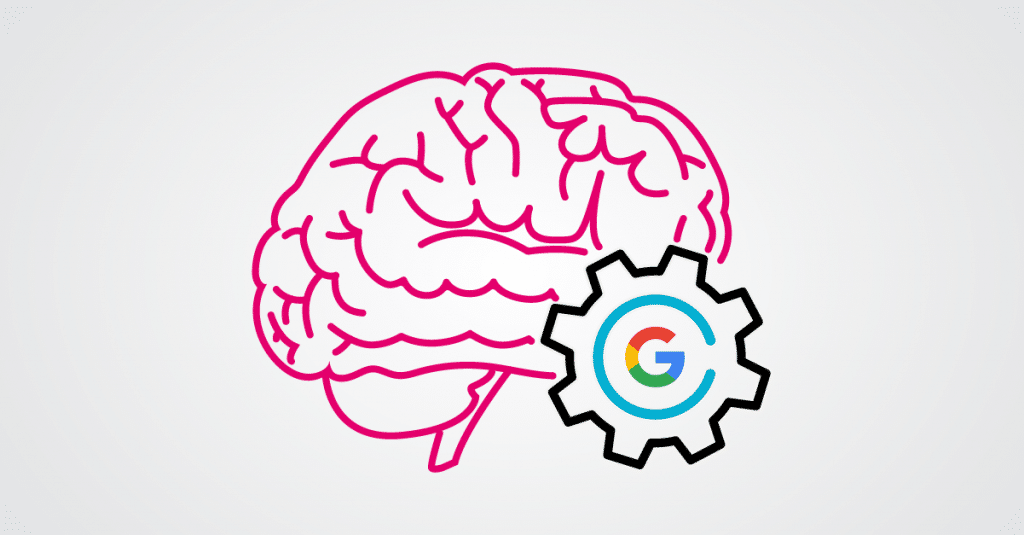Google Search Liaison, Danny Sullivan, has been at the centre of plenty of algorithm announcements and the latest update has been no exception. On 25th October, he took to Twitter to announce BERT, the most recent change to occur to the search algorithm and the biggest since 2014. Despite currently only being used in one out of every ten searches made in English in the US, it’s already gaining traction and is likely to expand and extend its reach further in the coming months. But what exactly is BERT and how can we stay ahead of this major change?
What Is BERT?
BERT, while a short, sweet, and almost quirky name, actually stands for ‘Bidirectional Encoder Representations from Transformers’. This new algorithm update has been designed to help Google understand more ‘human’ queries in order to produce more accurate search results. It ultimately helps the search engine to ‘understand the nuances and context of words in the search and better match those to queries with more relevant results.’
In the past, the algorithm has ignored words like ‘for’ and ‘to’ when analysing the query, which in some cases, can completely change the context of what has been searched. One of Google’s own examples explains this perfectly.
For the search query, ‘Can you get medicine for someone pharmacy’, the algorithm would’ve previously provided you with either local pharmacies or instructions for getting a prescription filled. With BERT, it can now understand that ‘for someone’ is a crucial part of the context and will not offer results that don’t answer the question at hand.
What Should I Do Next?
Whether your website appears to have been hit by this change or otherwise, Google’s advice remains relatively similar to that previous — you need to be producing content that follows their quality guidelines but most importantly, it needs to be written for humans. BERT has been designed to produce relevant results for searchers and the best and only way to make sure your website is being shown for the right queries is by producing content that is clear in its intention, value, and information.
The content you produce needs to be understood not only by Google but by your users too. Without that understanding, the search engine won’t be able to list your website for the right queries. According to the official blog, ‘language understanding remains an ongoing challenge’, and so clarity, conciseness, and relevance are a must for giving your content its best chance.
For more information about BERT, you can read the full blog over at Absolute Digital Media. For help adapting your content to this new update, feel free to contact the team on 0800 088 6000 today.



